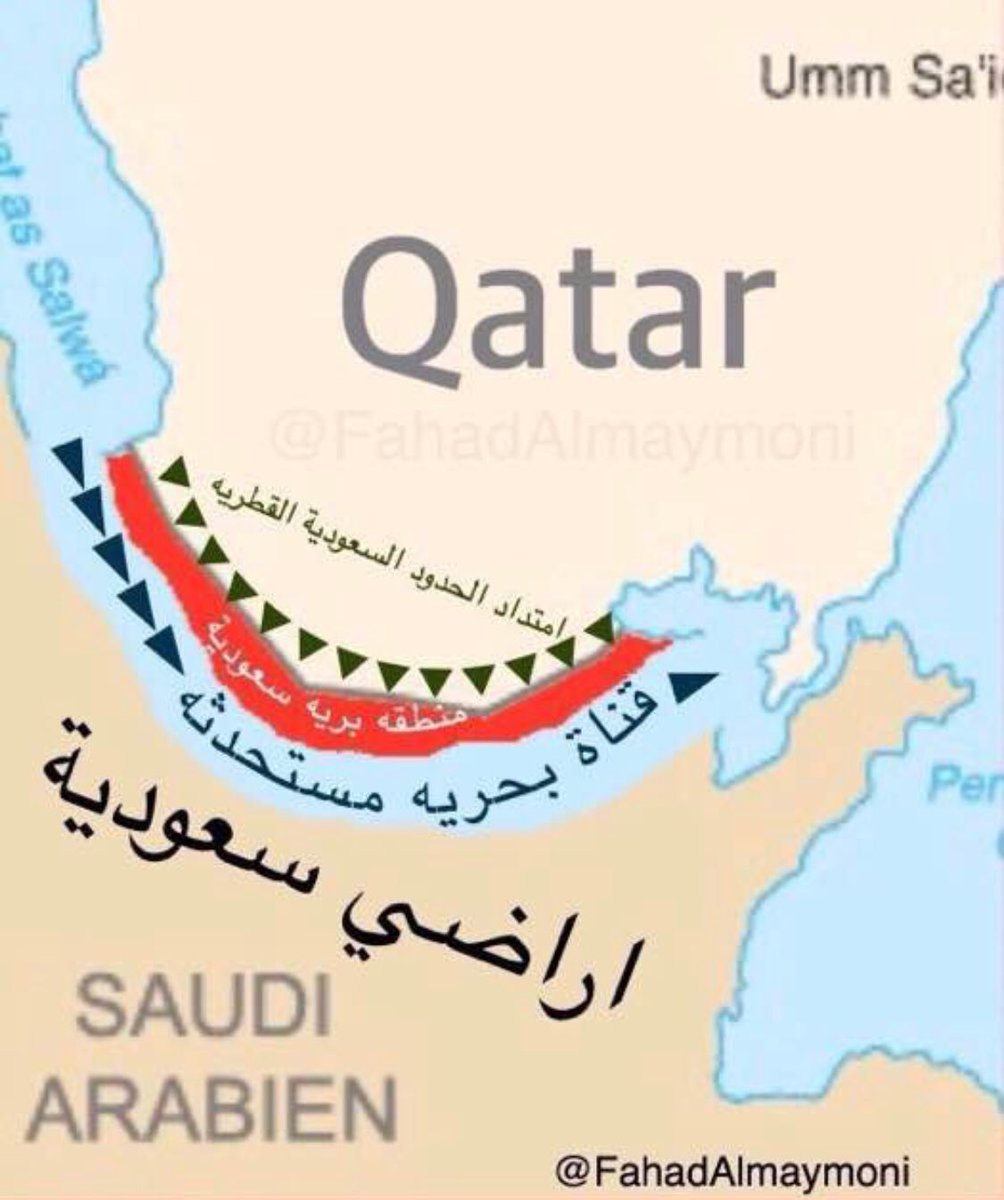Salaam
Another update
Defiant Qatar determined to proceed with S-400 deal
The primary goal of any state is first and foremost to ensure its security, while other goals (social justice, prosperity, etc) are secondary. This is because of the anarchic nature of the international system, which has no supreme authority to safeguard the state’s national interests.
Qatar is not an exception to this rule of international relations. Being in a threatening regional environment, it seeks to balance any threats to its security posed by local actors, especially Saudi Arabia, a major power in the Gulf.
Last June, Saudi Arabia, Bahrain, the UAE and Egypt cut diplomatic ties with Qatar. At the same time, they imposed a full air, land and sea blockade on the emirate after accusing Doha of supporting terrorism.
Saudi Arabia and its allies laid down 13 demands on Qatar, including shutting down its Al Jazeera media network, curbing relations with Iran, and closing a Turkish military base it hosts. Doha did not succumb. The stalemate continues despite Kuwaiti efforts to mediate and de-escalate the crisis.
Qatar was a fervent supporter of the so-called Arab Spring and the mass movements that swept away totalitarian regimes in Egypt, Libya and Yemen. In particular, Doha supported the Muslim Brotherhood (MB) in Egypt, giving the Saudis grounds for suspicion that it is supporting the local branch of MB in Saudi Arabia and that the emirate would be happy if the House of Saud was overthrown by a similar revolution.
Economically a giant because of its rich natural resources but militarily and strategically weak and therefore vulnerable, it is not surprising that it seeks to purchase S-400 air systems to enhance its security.
Coercive actions by Saudi Arabia
However, Qatari plans to purchase the S-400 from Russia infuriated Saudi Arabia, which directly threatened the emirate with military action.
According to the newspaper Le Monde, Saudi King Salman had written a letter to French President Emmanuel Macron, expressing his profound concern over negotiations between Doha and Moscow.
Confronted with the coercive diplomacy of a regional power, Doha seems ready to proceed with the purchase, ignoring Riyadh’s threats.
As we know from patron-client relations in the field of international politics, weak states are not completely weak as they can “draw on” or “borrow” the external strength of other states. This can be done by joining formal or informal alliances, or by wooing great powers. Purchasing guns falls into the aforementioned paradigm.
It is a fact that Qatar supports Iran at various levels and this is also obvious in the case of the Iran nuclear deal. Qatari Minister of State and Defence Affairs Mohhamad Al Thani defended the deal despite the criticism from other Gulf states. “ Is it wise to call the US and Israel to go and fight Iran? It is very dangerous to push the region or a county to start a war with Iran,” he said at a security conference in Singapore.
The Qatar-Saudi Arabia rivalry has multiple dimensions. As The Independent newspaper reported, Riyadh is working on plans to turn Qatar into an island by building a canal along the border and dumping nuclear waste there. This is fostering fears in Doha that it will cut off the emirate from international trade.
We must bear in mind that it is not the first time that Doha has sought to enhance its security.
Last June it concluded a $12-billion deal with the US to buy F-15 fighter jets and in December it finalized contracts with France to purchase 12 fighter jets.
In any case, Doha is determined to proceed with the S-400 deal despite Saudi Arabia’s opposition, and Moscow does not seem disposed to cancel it. A Russian official was quoted as saying that “Russia seeks its own interest, supplying S-400 to Qatar and earning money for the state budget.”
Another element in the whole story is US plans to relocate its base in Qatar as a measure against the emirate “due to fears that it is supporting terrorism.”
Perhaps the aim of the S-400 deal is to send a message to the American hegemon that another great power, Russia, wields considerable influence in the Middle East.
http://www.atimes.com/defiant-qatar-determined-to-proceed-with-s-400-deal/

